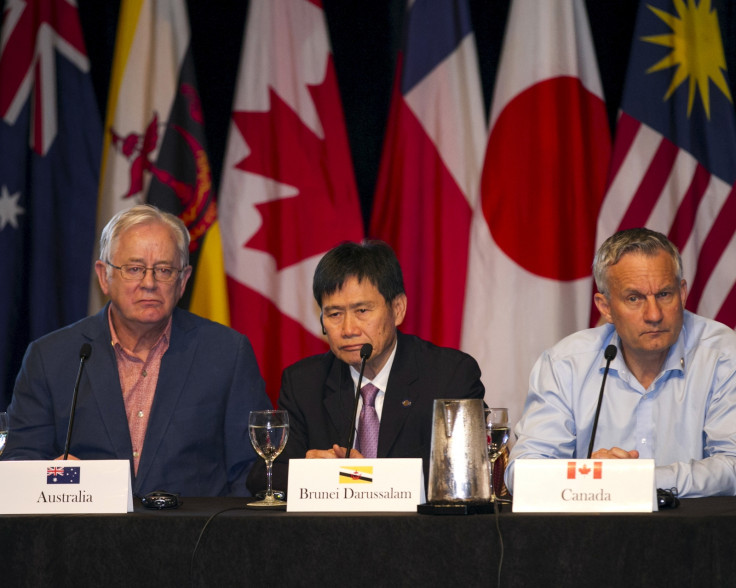Trans-Pacific Partnership talks in Hawaii conclude without agreement

The latest talks over the 12-nation Trans-Pacific Partnership (TPP) – the world's biggest regional trade deal – have ended without reaching any agreement.
The latest round of negotiations held in Hawaii could not reach a conclusion on the $200bn (£128bn, €182bn) deal due to concerns around automotives, data protection of biologics, dairy and sugar, according to Australian trade minister Andrew Robb.
"Australia had made some excellent progress but unfortunately some difficult issues were not resolved," he was quoted as saying by media reports.
"The sad thing is, 98% is concluded," he added, as he blamed the "big four" economies of the US, Canada, Japan and Mexico for the failure.
"From my reading, the issues are not intractable and there remains a real determination to conclude the TPP among all parties."
However, some other trade ministers were confident that an agreement was within reach, despite the roadblocks.
"The undergrowth has been cleared away in the course of this meeting in a manner that I would say is streets ahead of any of the other ministerial meetings that we have had," said New Zealand Trade Minister Tim Groser.
"You can see clearly that there are one or two really hard issues, and one of them is dairy."
Meanwhile, US trade representative Michael Froman said they had made "significant progress and we will continue to work on resolving a limited number of remaining issues".
"We are more confident than ever that TPP is in reach," he noted.
The agreement involves 12 nations including the US, New Zealand, Japan and Canada, and covers about 40% of the global economy. US President Barack Obama has been pushing for the trade deal that would unify standards for one-third of global trade and cut trade barriers.
The agreement would also help increase the influence of the US in the Asian region, countering China that is steadily growing as a regional economic and political power.
Talks over the deal are expected to resume in November.
Meanwhile, there have been reports that China would promote the Free Trade Area of the Asia Pacific (FTAAP) to further extend its economic influence along the Pacific Rim.
© Copyright IBTimes 2025. All rights reserved.






















